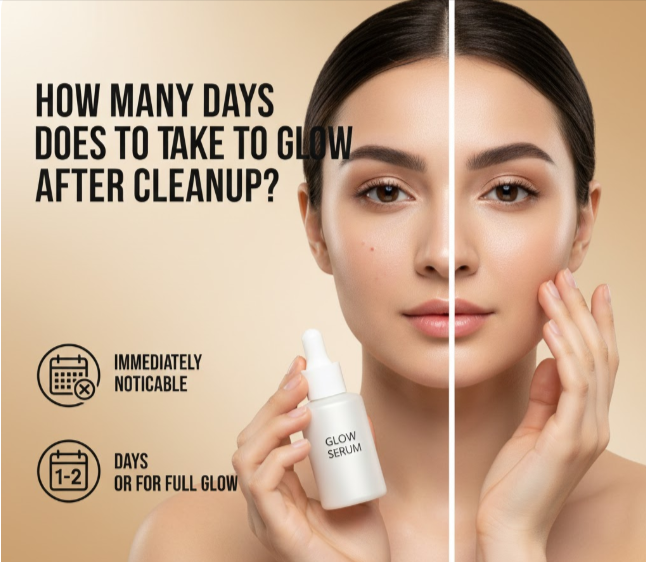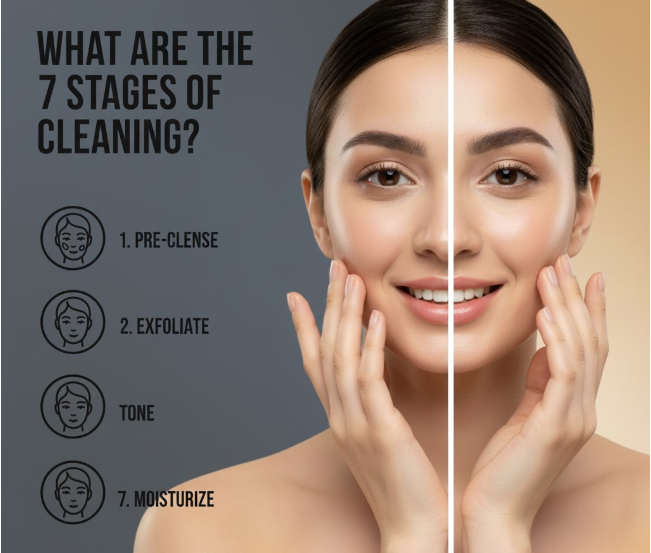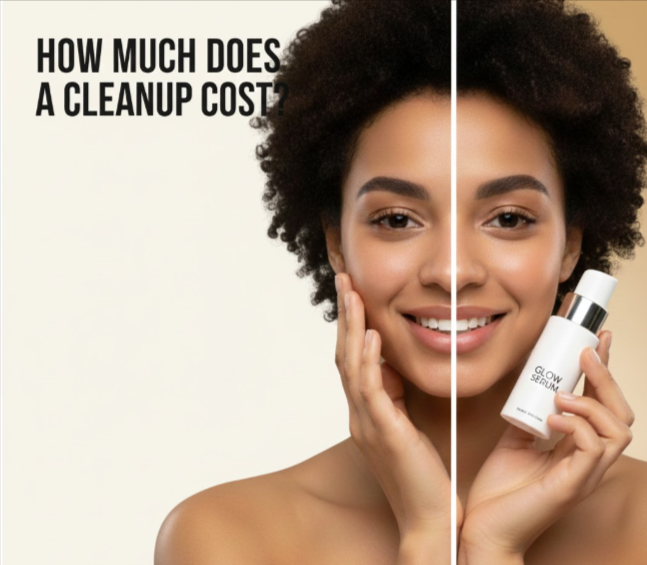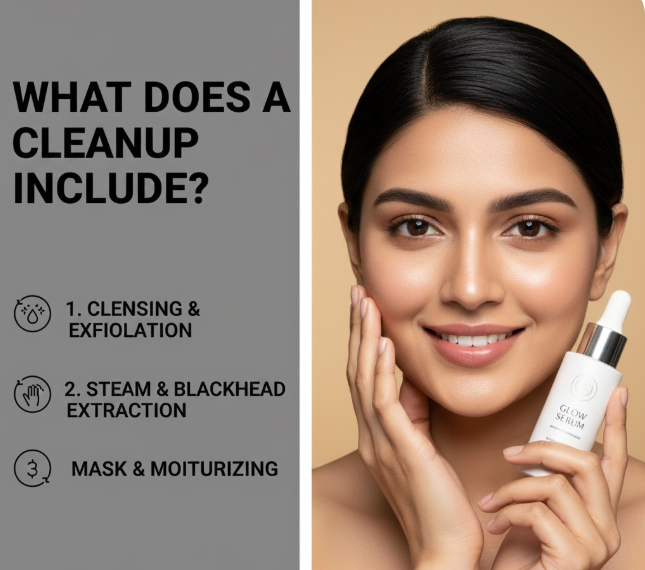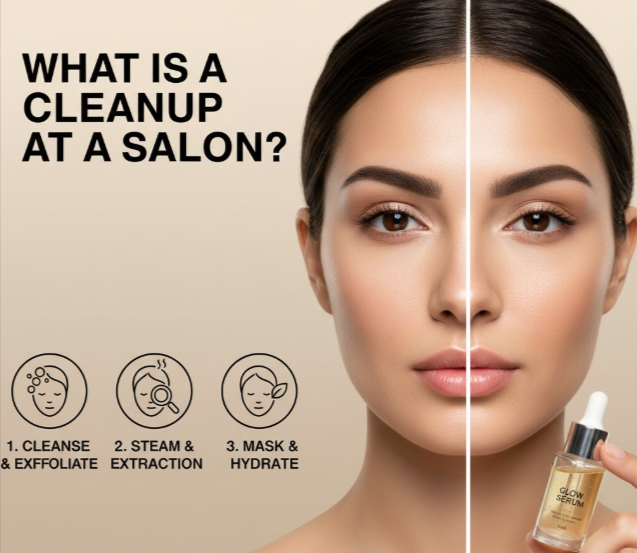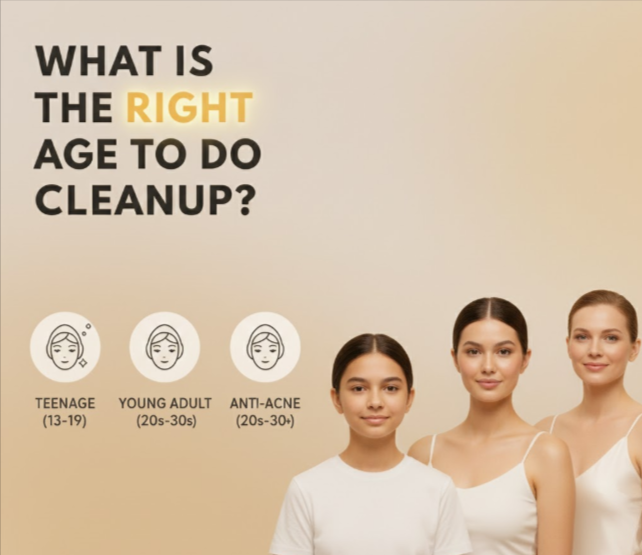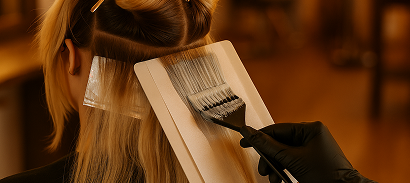Skin

Skin
How to get rid of tan on face and body
5 minutes read | 26 Jun 22
Get a complimentary consultation today. Get in touch
There is nothing quite like the joy of a relaxing vacation under the sun, but the stubborn tan that lingers on your skin after can be a frustrating reminder of your time away. If you have been wondering how to get rid of a beach tan, you are not alone. Let’s walk you through what is tanning, its causes, and the best ways to remove it effectively. Plus, we will share essential tips on how to prevent skin tanning so you can enjoy the sun without worrying about long-term effects.
What is Tanning?
Tanning occurs when your skin is exposed to the sun’s ultraviolet (UV) rays, triggering the production of melanin—a pigment responsible for the darkening of your skin. This is your body’s natural defence mechanism to protect against sun damage. While a sun-kissed glow might look appealing, excessive exposure can lead to uneven pigmentation, premature ageing, and even sunburns. If you are looking for how to remove tan from body, understanding what is tanning can help you choose the right approach for your skin.
What are the Causes of Tanning?

Your skin tans due to various factors, primarily linked to sun exposure. Let’s look at the major causes:
- Ultraviolet Radiation: The UVA and UVB rays from the sun penetrate the skin and increase melanin production, causing your skin to darken. The longer the exposure, the deeper the tan.
- Skipping Sunscreen: If you are not using sunscreen to avoid tanning, your skin is more vulnerable to UV damage. Sunscreen acts as a protective barrier and reduces the intensity of tanning.
- Prolonged Outdoor Activities: Spending extended hours outdoors, whether at the beach, trekking, or even driving, can contribute to tanning. UV rays are not only present in direct sunlight but can also reflect off surfaces like water, sand, and pavement.
- Skin Sensitivity and Genetics: Some skin types produce more melanin than others, making them more prone to tanning. If you have a darker skin tone, you may notice that your tan lasts longer.
Pollution and Heat Exposure: Environmental factors such as pollution and heat can accelerate the tanning process by damaging your skin’s natural barrier and triggering melanin production.
How Can You Remove Tan?

If you are seeking an answer on how to remove tan from body, here are some proven methods that can help you restore your skin’s natural tone:
1. Use an Exfoliating Face Wash
Exfoliation is one of the most effective ways to remove tan as it helps in shedding dead skin cells that have darkened due to UV exposure. Look for a gentle face wash with mild exfoliating ingredients like AHAs, BHAs, or natural scrubs. This will help brighten your skin while maintaining hydration.
Tip: We suggest using the Aminu AHA Face Wash, which is made up of five natural AHAs to treat rough skin and uneven tone, leaving skin with a smooth and radiant appearance.
2. Get a Facial
A detan facial is specifically designed to eliminate tanning and restore radiance. It involves deep cleansing, exfoliation, and brightening masks that reduce pigmentation. Regular facials not only help remove tan but also improve skin texture and boost hydration.
Suggestion: You can try the Express Facial for De-Tan, which can help restore your natural complexion and scrub away sun damage to reveal bright and radiant skin.
If you want an advanced facial treatment, you can opt for our Hydra-Media Facial service.
3. Opt for a Chemical Peel
A chemical peel treatment is an advanced method to remove stubborn tan. It involves applying a solution that exfoliates the top layer of skin, revealing fresh and brighter skin underneath. The chemical peel benefits include fading signs of blemishes, uneven pigmentation, discolouration, and mild scars, resulting in clearer, brighter, and smoother skin and stimulating collagen production.
If you are considering this option, it is important to consult a professional to understand the chemical peel treatment cost and choose the right peel for your skin type.
4 Tips to Avoid Tanning
While removing tan is possible, preventing it in the first place is always better. Here are some essential tips on how to prevent sun tan and maintain healthy skin:
1. Always use SPF
Wearing sunscreen to avoid tanning is one of the most effective ways to protect your skin. Choose a broad-spectrum sunscreen with SPF 30 or higher and reapply it every two hours, especially if you are sweating or swimming.
|
Did you know: A sunscreen with physical blockers like zinc oxide or titanium dioxide offers better protection by reflecting harmful UV rays away from the skin? |
2. Avoid Peak Sunlight Hours
If you want to know how to avoid skin tanning in summer, try to limit sun exposure between 10 AM and 4 PM when the sun’s rays are the strongest. If you must be outside, seek shade whenever possible.
3. Cover Yourself from the Sun
Wearing protective clothing like hats, sunglasses, and long-sleeved outfits can significantly reduce direct exposure. Lightweight and breathable fabrics will keep you comfortable while preventing excessive tanning.
Say Goodbye to Stubborn Vacation Tan
Now that you know how to remove tan from your body, you can choose the best approach that suits your skin. Whether it’s regular exfoliation, a detan facial, or exploring the advantage of chemical peel, there are multiple ways to achieve an even skin tone. Book your appointment today at Bodycraft. We offer expert skin treatments, including detan facials and chemical peel treatments, tailored to your skin’s needs.
FAQs
1. Is sun tan permanent?
No, a sun tan is not permanent. It usually fades over time as your skin naturally exfoliates and regenerates, but it can take weeks or months to fully disappear.
2. Will sunscreen remove tan?
No, sunscreen won't remove a tan, but it can help prevent further tanning and protect your skin from sun damage while your tan fades naturally.
3. How many days does it take to get rid of a sun tan?
It typically takes 1 to 4 weeks for a sun tan to fade, depending on your skin type and the depth of the tan.
4. Does tanning cause wrinkles and sagging skin?
Yes, tanning can cause wrinkles and sagging skin by damaging collagen and elastin fibers, leading to premature aging.
5. Can a tan fade unevenly?
Yes, a tan can fade unevenly, especially if your skin has different levels of sun exposure or if it's dry and unevenly exfoliated.
Related categories







































.png)

























-1.png)

-Jan-27-2026-09-48-13-4979-AM.png)
-1.jpg)
-2.jpg)
-Jan-27-2026-09-24-32-0172-AM.png)
-Jan-27-2026-09-10-48-5822-AM.jpg)
-Jan-27-2026-08-57-12-4372-AM.png)
-Jan-27-2026-08-16-49-0564-AM.jpg)
-Jan-27-2026-06-55-42-4422-AM.png)
-Jan-27-2026-06-40-44-2551-AM.png)
-Jan-27-2026-06-11-42-6101-AM.png)
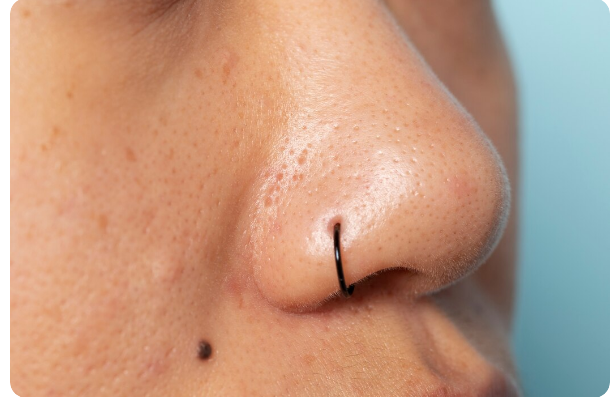
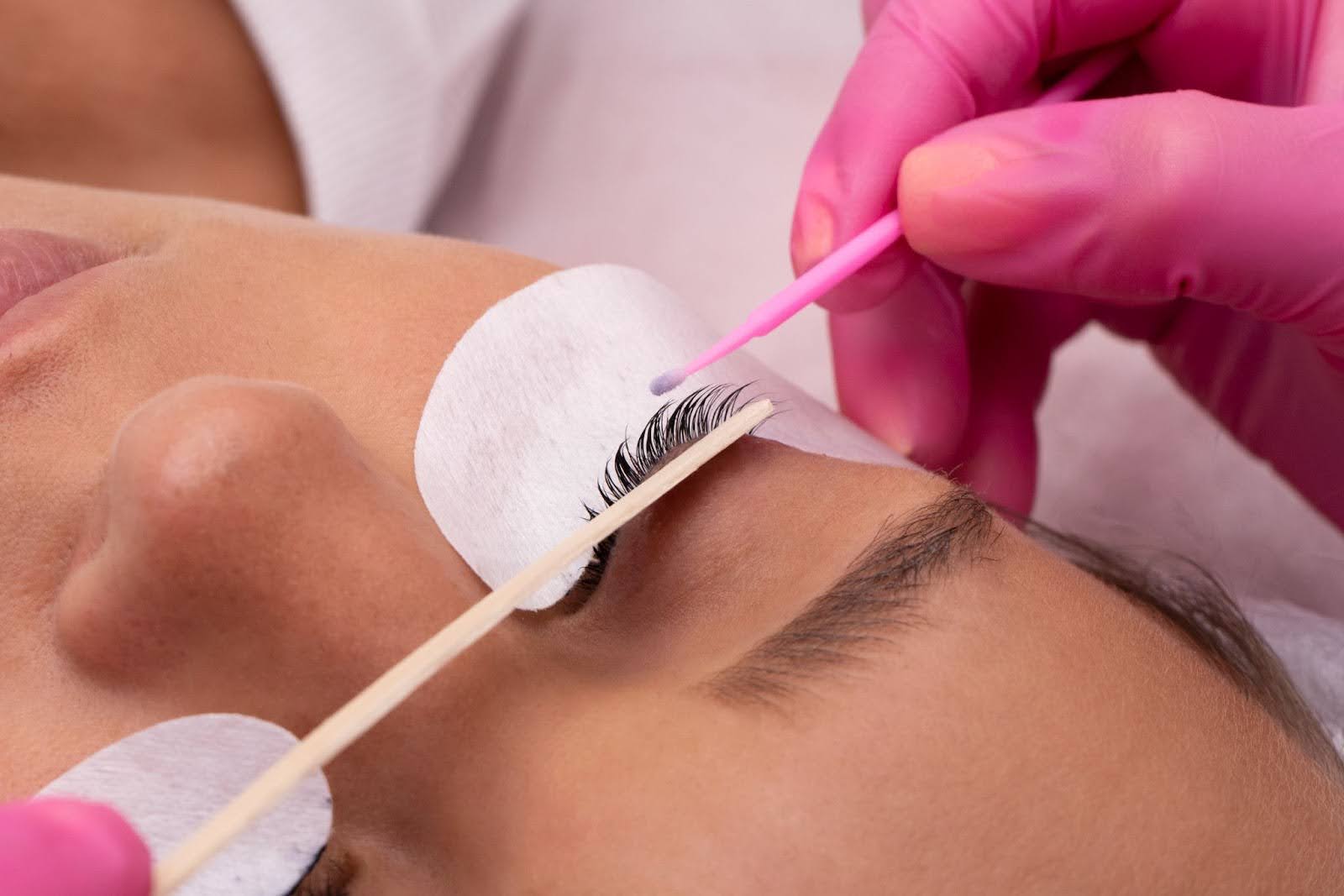
-Jan-07-2026-09-25-13-8220-AM.png)
-Jan-06-2026-01-36-04-6664-PM.png)
-Jan-07-2026-09-42-24-0602-AM.png)
-Jan-06-2026-10-25-17-9480-AM.png)


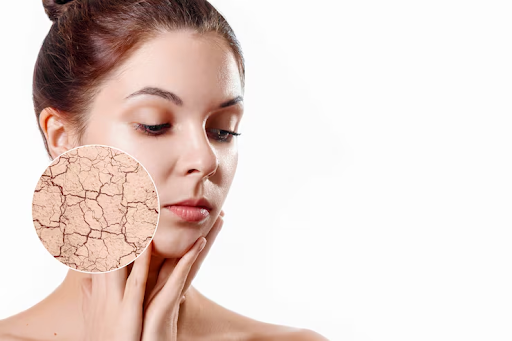
-Jan-07-2026-10-45-10-6342-AM.png)
-Jan-07-2026-10-40-58-9351-AM.png)
-Jan-07-2026-10-08-30-8016-AM.png)
-Jan-07-2026-10-05-55-1289-AM.png)
-Jan-07-2026-09-55-51-8183-AM.png)
-Jan-07-2026-09-53-13-6988-AM.png)
-Jan-07-2026-09-46-58-5932-AM.png)
-Jan-07-2026-09-31-08-6264-AM.png)
-Jan-07-2026-09-22-16-5686-AM.png)
-Jan-06-2026-01-41-35-4606-PM.png)
-Jan-06-2026-12-42-22-7669-PM.png)
-Jan-06-2026-10-47-39-0032-AM.png)
-Jan-06-2026-10-21-52-9561-AM.png)
-Jan-06-2026-10-09-27-7438-AM.png)
-Jan-06-2026-10-00-25-4209-AM.png)
-Jan-06-2026-09-38-50-9959-AM.png)
-Jan-06-2026-09-34-53-6980-AM.png)
-Jan-06-2026-09-31-45-3329-AM.png)







